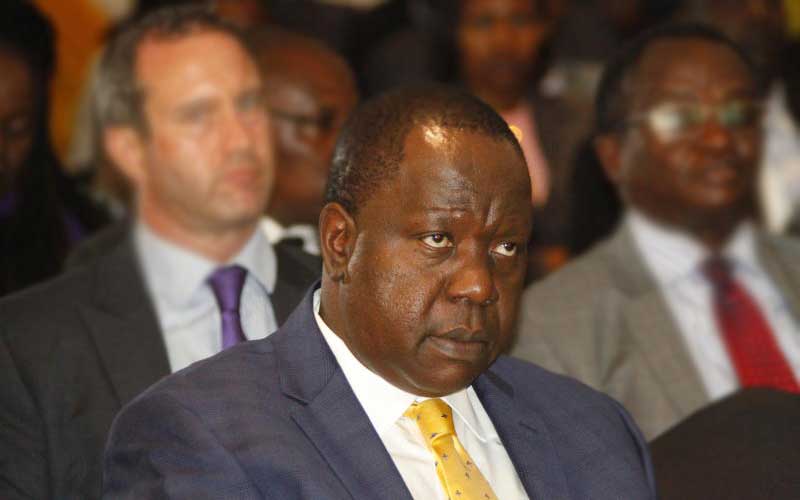
There are times when the president has the services of outstanding individuals whose drive is above the rest. Such people shine and become assets because of delivering more than the expected. They stand out either through intellectual prowess or the power of personality, and enjoy overcoming challenges. Found in every country, the ability to handle such subordinates depends on the leader’s level of self-confidence in being in control.
The United States and Kenya provide good examples of hyperactive people, shielding the leaders or being effective instruments of policy delivery. Leaders allow and at times relish, the presence of strong personalities to shine as long as they are political assets.